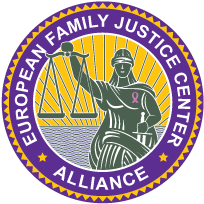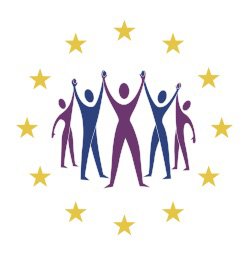European Multidisciplinary Centers
A Family Justice Center is a multiagency, multidisciplinary service center where public and private agencies assign staff members to, on a full-time or part-time basis, to provide services to victims of gender based violence, domestic violence, child abuse and sexual violence and their families from one location.
The overall goal of a Family Justice Center is to ensure that clients have access to all necessary services, to enhance their safety and increase offender accountability. Victims and their families who report there can obtain legal advice, safety planning, make a statement, obtain accommodation planning, medical evidence of violence, transport assistance, trauma processing, etc.
A Family Justice Center provides one physical location:
- to reduce the number of places victims must visit to obtain all the help and the services they need to put an end to the violence
- to reduce the number of times victims must tell their story
- to foster collaboration and a common approach of the different agencies
- to increase access to services and support for victims and their children
A Family Justice Center is defined by the following guiding principles:
- Safety Focused:
Increase safety, promote healing, and foster empowerment through services for victims and their children
- Victim-centered:
Provide victim-centered services that promote victim autonomy
- Survivor-driven:
Shape services to clients by asking them what they need
- Relationship-based:
Maintain close working relationships among all collaborators/agencies
- Kind hearted:
Develop a FJC that values, affirms, recognizes and supports staff, volunteers, and clients
- Transformative:
Evaluate and adjust services by including survivor input and evidence based best practices.
- Offender-accountability:
Increase offender accountability through evidence-based prosecution strategies and/or evidence based treatment programs
- Cultural competent:
Commitment to the utilization of culturally competence services.
- Empowered:
Offer survivors a place to belong even after crisis intervention services are no longer necessary
- Relationship-based:
Maintain close working relationships among all collaborators/agencies


